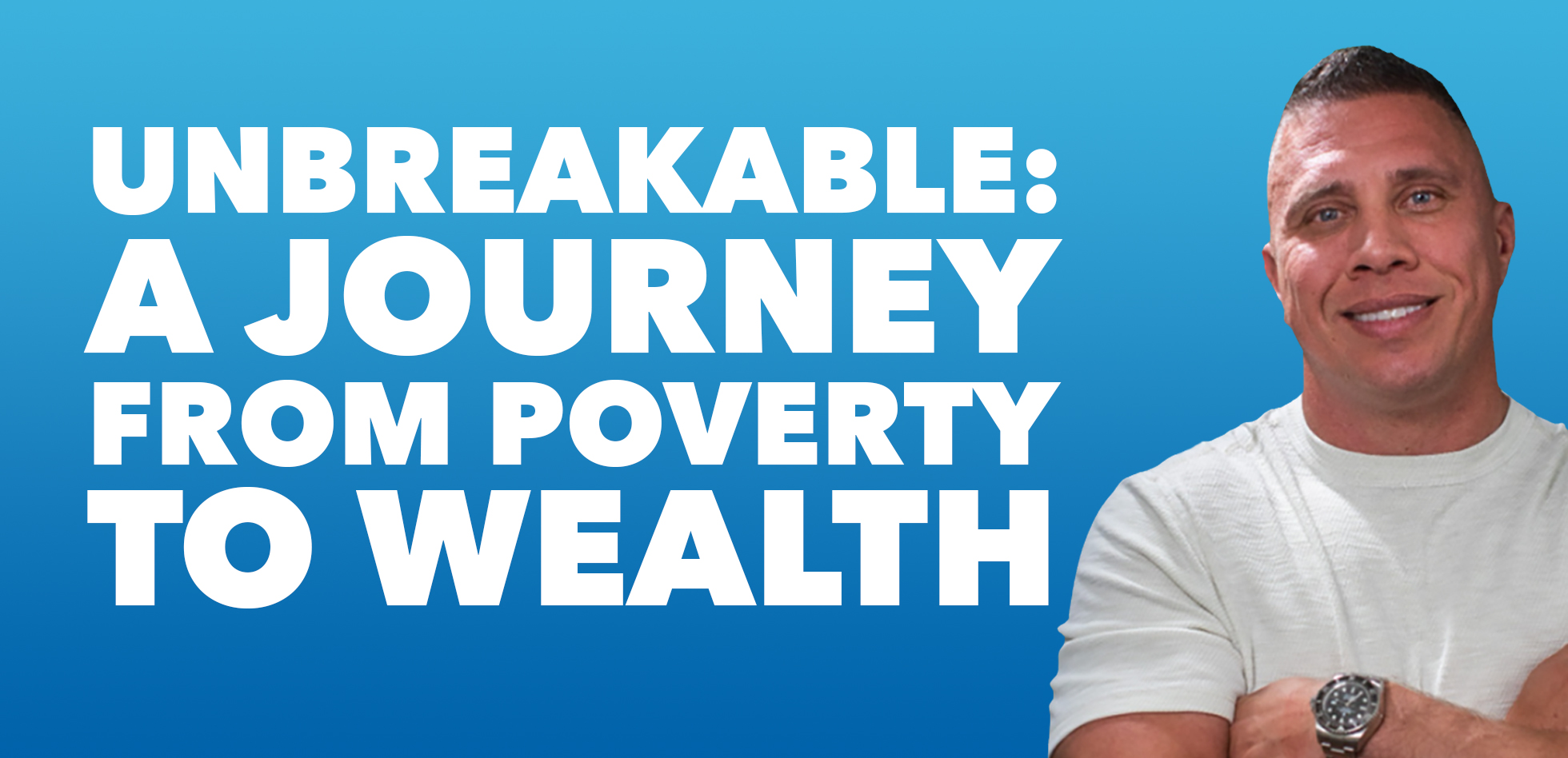What Girls Need is What Business Needs Too
Empathy is a superpower
Who should listen: Anyone interested in leveraging women’s innate skills to improve key business outcomes, plus the men, women, and parents who want to help young girls become bold, courageous, and resilient women.
Key idea: Women have innate skills that can be used to encourage a collaborative approach to problem-solving, better serve clients’ needs, and help businesses adapt to changing circumstances. At the same time, women need to be taught key skills that would put them on a level playing field with their male counterparts.
Action item: 1. Reflect on how you are using empathy in your business. Are you an empathetic leader? 2. Give people, especially women, room at the table to speak.
This week’s Stay Paid interview with Dr. Marisa Porges, PhD, is an awesome, if somewhat unusual, interview.
First, we’ve never had a guest with Dr. Porges’s credentials, which include an undergraduate degree in geophysics from Harvard University, a career in the US Navy, where she flew jets, another career as a counterterrorism expert in Afghanistan, and a role as a senior advisor in the Obama White House. Now Dr. Porges serves as head of school at the Baldwin School, a prestigious, all-girls school outside Philadelphia, Pennsylvania, where she first attended as a student.
Second, we’ve never talked about the subject of her book—raising strong daughters to become “bold, courageous, and resilient women.” Nor have we talked about the benefits that women’s innate skills can bring to the workplace. These are new and unusual topics for us but ones that are critically important to today’s fast-paced world where adaptability is recognized as one of the most important skills in business and leadership is taking on new meaning.
Dr. Porges’s interview reveals three skills girls and women innately possess that, when applied to business, can improve problem-solving, help us to better serve our clients, and navigate organizations through sometimes rapidly changing circumstances. These skills are collaboration, empathy, and adaptability.
Her interview also delves into skills that cultural and social norms hinder women from learning and developing—skills like advocacy on behalf of oneself, persuasion, and negotiation—and how young girls and women can develop them with the support of parents and business leaders, respectively.
We invited Dr. Porges to discuss these topics now because the next generation of leaders (of which women are a growing number) is going to be faced with epic challenges. These challenges will require that our leaders master previously undervalued skills that—perhaps not coincidentally—have been considered feminine attributes that have no place in “a man’s world.”
In the coming decades, businesses that succeed will value the skills and perspectives that women bring to the table. They will seek out and reward leaders who can collaborate with others to solve problems, who can lead with empathy for their employees and adopt the perspectives of their clients, and who can be sufficiently flexible to adapt to change quickly and with ease.
And we’re all going to need help to get there . . .
The 2020 press release announcing the publication of Dr. Porges’s book, What Girls Need: How to Raise Bold, Courageous, and Resilient Women, included some startling numbers quoted here. These facts speak to the problems we must solve, the inequities we must address, and the circumstances we must face if we are going to help young girls become the strong women we all need them to be:
- 77% of teachers are women, a gender imbalance that has steadily increased over the last few years. Conversely, two-thirds of high school principals, three-quarters of school district superintendents, and approximately two-thirds of private school heads are men.
- Women in the United States earn more undergraduate and graduate degrees than men (60% to 57%, respectively), but they are underrepresented across senior levels of every sector. Fewer than 15% of corporate executives are women, and women hold fewer than 20% of corporate board seats.
- In 2015, 65.9% of all interruptions during Supreme Court proceedings were directed at Ruth Bader Ginsburg, Sonia Sotomayor, and Elena Kagan, the three female justices on the bench.
- More and more young people aspire to be independent entrepreneurs: 77% of students in middle and high school want to be their own boss one day, and 45% want to start their own business.
- In business, over 90% of the executives leading Fortune 500 companies—those C-suite professionals whom we hold up as exemplars of success in the corporate world—were competitive athletes when they were young. When asked about the factors that help women most, 74% of female executives said that a background in sports can help accelerate a woman’s career.
- When it came to collaborative problem-solving, girls perform significantly better than boys in every country, regardless of economic status and after normalizing for prior schooling in science, reading, and math. On average, they scored nearly 30 points higher and were 1.6 times more likely than boys to be rated “top performers” at this essential twenty-first-century skill. This result was seen everywhere from Australia and New Zealand to Finland and Sweden, where girls scored over 40 points higher than boys in this area, to the United States and the United Kingdom, where the gender gap was closer to 30 points.
- In a recent Harvard Business Review study, the “ability to adapt to change” was deemed most important, not the popular notion that technical talent or technological knowledge is the most important skill for the future.
- Adaptable girls and boys are likely to participate more in class, enjoy school more, have higher self-esteem, and even demonstrate a greater sense of purpose.
When you listen to this episode, you’ll hear some great advice that you can use to do your part—whether as a parent, a teacher, an employer, or a role model—to help girls and young women reach their fullest potential to the benefit of us all.
Connect | Resources
Book: What Girls Need: How to Raise Bold, Courageous, and Resilient Women by Marisa Porges, PhD
Website: whatgirlsneed.com



















 Soundcloud
Soundcloud iHeart Radio
iHeart Radio Spotify
Spotify Spotify
Spotify


